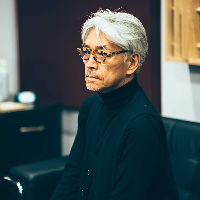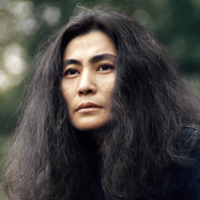Ryūichi Sakamoto (坂本 龍一) MBTI性格类型
性格
"Ryūichi Sakamoto (坂本 龍一)是什么人格? Ryūichi Sakamoto (坂本 龍一)是MBTI中的INFJ人格类型,九型中的5w4 - so/sp - 541,五大类型中的RCOAI,Socionics中IEI类型。"
He's a social 5, not sp. Just watch Coda or Tokyo Melody, the way he explores abstract ideas is by relating to humanity throught music, sharing his ideals. A quote by him: "In the old days, people shared music; they didn't care who made it. A song would be owned by a village, and anyone could sing it, change the words, whatever. That is how humans treated music until the late 19th century. Now, with the Internet, we are going back to having tribal attitudes towards music." which tells that his focus is communicating, not doing music for just personal fulfillment. The fulfillment is in reaching people in the great picture. Quoting Beatrice Chestnut: "Social fives are looking for the ultimate meaning in life, motivated by an underlying (potentially unconscious) sense that things are meaningless unless the ultimate meaning is found." A very well known quote of the Professor is: "I'm fascinated by the notion of a perpetual sound: a sound that won't dissipate over time. Essentially, the opposite of a piano, because the notes never fade. I suppose, in literary terms, it would be like a metaphor for eternity." Also, very stereotypical but he has been involved in social protests or causes since high school and university. Then he was more on the communist side, now into enviromental crisis.
背景
Ryūichi Sakamoto (January 17, 1952 - March 28, 2023) was a Japanese composer, singer, songwriter, record producer, activist, and actor who has pursued a diverse range of styles as a solo artist and as a member of Yellow Magic Orchestra (YMO). With his bandmates Haruomi Hosono and Yukihiro Takahashi, Sakamoto influenced and pioneered a number of electronic music genres. Sakamoto began his career while at university in the 1970s as a session musician, producer, and arranger. His first major success came in 1978 as co-founder of YMO. He concurrently pursued a solo career, releasing the experimental electronic fusion album Thousand Knives in 1978. Two years later, he released the album B-2 Unit. It included the track "Riot in Lagos", which was significant in the development of electro and hip hop music.















